As Prime Minister Narendra Modi prepares to attend the Shanghai Cooperation Organisation (SCO) Summit in Tianjin, China, from August 31 to September 1, 2025, strategic affairs expert Brahma Chellaney has warned that the geopolitical context surrounding India-China relations has shifted dramatically. In a post on X, Chellaney highlighted “two significant developments” that, in his view, alter the backdrop of Modi’s visit and demand a recalibrated diplomatic approach.
This will be Modi’s first visit to China since 2018, when he met President Xi Jinping for informal summits in Wuhan and Qingdao. The SCO Summit will bring together leaders from over 20 countries, including Russia, Pakistan, Iran, and Central Asian republics. Modi’s itinerary also includes a stop in Tokyo from August 29–30 for the 15th India-Japan Annual Summit with Japanese Prime Minister Shigeru Ishiba.
🧭 Chellaney’s Warning: Two Strategic Developments Reshape India-China Dynamics
| Development | Description | Strategic Implication |
|---|---|---|
| China’s Role in India-Pakistan Conflict | Beijing allegedly provided Islamabad with real-time satellite intelligence during the May 7–10 skirmishes | Raises concerns over China’s covert involvement in regional hostilities |
| World’s Largest Dam Near Indian Border | China confirmed construction of a mega dam near Arunachal Pradesh | Ecological risk and national security threat to India’s northeastern frontier |
Chellaney emphasized that these developments signal a more assertive Chinese posture and complicate India’s engagement at multilateral forums like the SCO.
📊 India’s SCO Participation: A Shifting Strategy
India has shown signs of recalibrating its SCO engagement over the past two years. Modi skipped the 2023 summit in Astana and chose to host the 2024 edition virtually, despite India holding the chair. Chellaney noted that this reflected a “reduced emphasis” on the SCO’s salience in India’s foreign policy.
| Year | SCO Summit Host | India’s Participation |
|---|---|---|
| 2023 | Astana, Kazakhstan | Modi skipped in-person attendance |
| 2024 | India (Virtual) | Hosted online summit |
| 2025 | Tianjin, China | Modi attending in-person |
The decision to attend the 2025 summit in China is seen as a strategic balancing act, especially given Modi’s prior stop in Japan—a key Indo-Pacific partner.
🔍 China’s Dam Project: Ecological and Security Concerns
China’s confirmation of building the world’s largest dam near the Indian border has triggered alarm among environmentalists and security analysts. The dam, located on the Yarlung Tsangpo River (which becomes the Brahmaputra in India), could impact water flow, sedimentation, and flood patterns in Arunachal Pradesh and Assam.
| Concern Area | Impact |
|---|---|
| Ecology | Disruption of river ecosystems, biodiversity loss |
| Agriculture | Reduced water availability for irrigation |
| Security | Strategic control over water resources in border zones |
| Diplomacy | Violation of transboundary water-sharing norms |
India has raised the issue at multiple bilateral forums, but China maintains that the project is within its sovereign rights.
🧠 China’s Role in India-Pakistan Conflict: A New Dimension
Chellaney’s assertion that China acted as an “invisible third party” during the May 2025 India-Pakistan conflict adds a new layer to regional tensions. According to intelligence sources cited by Chellaney, Beijing provided Islamabad with satellite imagery and battlefield inputs, complicating India’s tactical operations.
| Alleged Support | Strategic Implication |
|---|---|
| Satellite Intelligence | Enhanced Pakistani targeting capabilities |
| Real-Time Inputs | Tactical advantage in border skirmishes |
| Diplomatic Shielding | China’s veto at UNSC discussions on Kashmir |
This covert support, if verified, could redefine India’s threat perception and influence future military planning.
📉 Modi’s Diplomatic Balancing: Japan Before China
Modi’s decision to visit Japan before heading to China is seen as a strategic signal. Japan, a Quad member and close Indo-Pacific ally, shares India’s concerns over Chinese expansionism. The India-Japan Annual Summit is expected to focus on:
- Semiconductor collaboration
- Maritime security
- Infrastructure investment in Northeast India
- Joint response to Chinese aggression in the East China Sea
| Bilateral Focus | India-Japan Summit Agenda |
|---|---|
| Technology | Semiconductor and AI partnerships |
| Security | Maritime domain awareness, Quad coordination |
| Investment | Japanese FDI in Indian infrastructure |
| Strategic Alignment | Counterbalance to China’s regional influence |
This sequencing of visits underscores India’s multi-vector diplomacy.
🧠 SCO Summit: Key Themes and Expected Outcomes
The SCO Summit in Tianjin will address regional security, counterterrorism, economic cooperation, and digital connectivity. Modi is expected to hold bilateral meetings with leaders from Russia, Iran, and Central Asia. However, a one-on-one with Xi Jinping remains unconfirmed.
| SCO Agenda Item | India’s Position |
|---|---|
| Counterterrorism | Push for stronger action against cross-border terror |
| Connectivity | Cautious approach to China-led BRI projects |
| Trade | Advocacy for balanced regional trade frameworks |
| Digital Governance | Support for open, secure digital ecosystems |
India’s participation will be closely watched for signals on recalibrating ties with China amid unresolved border tensions.
📌 Conclusion
As Prime Minister Narendra Modi heads to China for the SCO Summit, Brahma Chellaney’s warning about “two significant developments” offers a sobering lens through which to view India’s diplomatic engagement. With China’s covert support to Pakistan and the construction of a mega dam near India’s border, the strategic context has undeniably changed.
Modi’s visit, preceded by a stop in Japan, reflects India’s effort to balance regional diplomacy with strategic caution. Whether the SCO Summit leads to meaningful recalibration or remains a transactional engagement will depend on how India navigates the complex web of security, ecology, and geopolitics.
—
Disclaimer: This article is based on publicly available news reports and expert commentary as of August 23, 2025. It is intended for informational purposes only and does not constitute diplomatic, strategic, or policy advice.


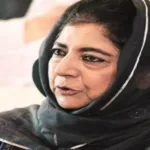


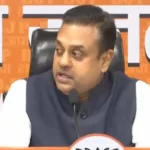

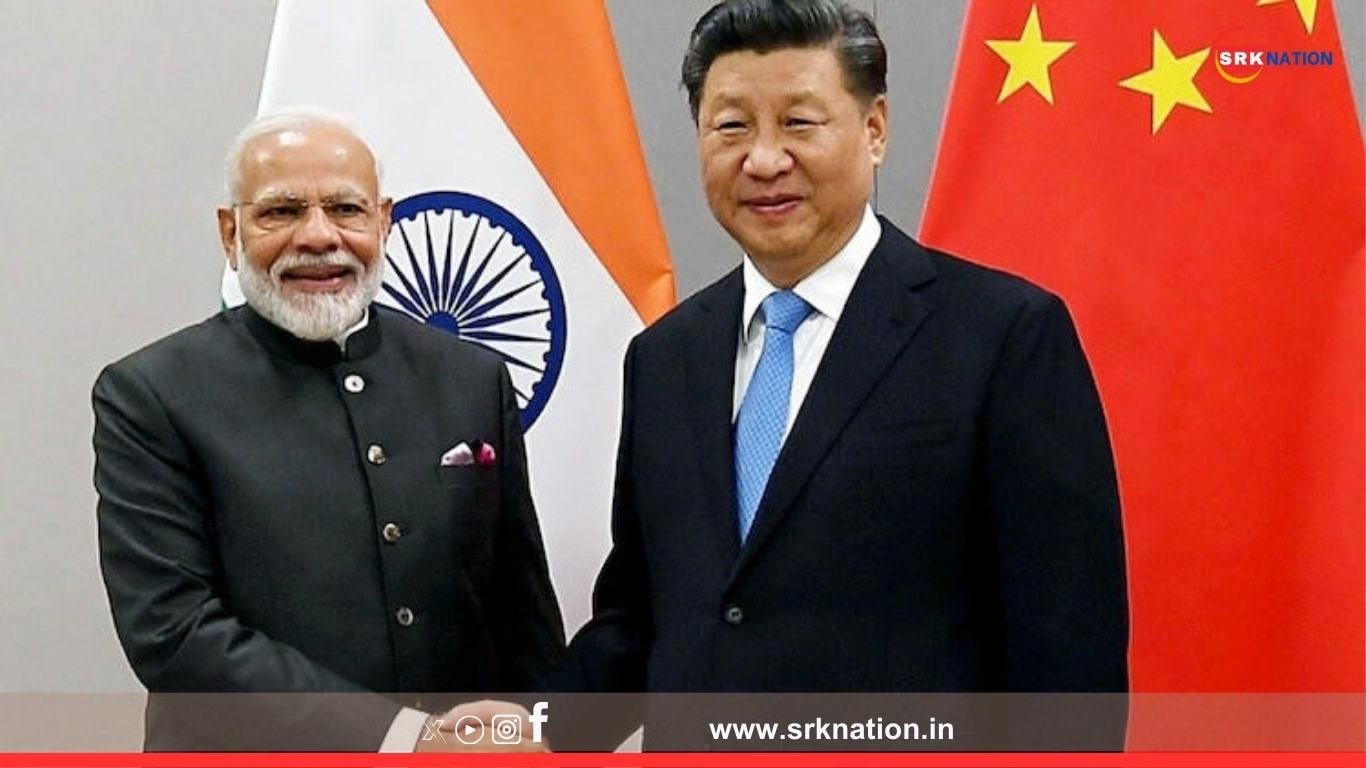

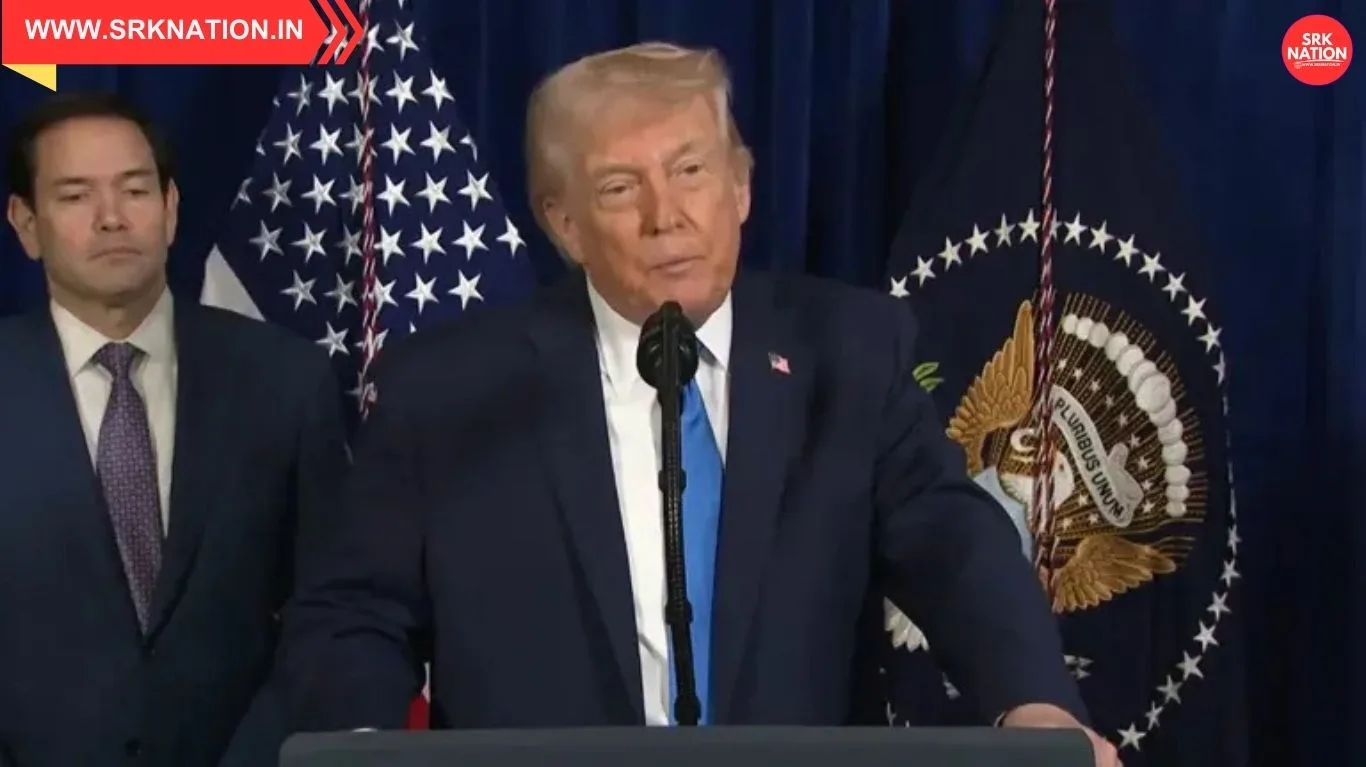

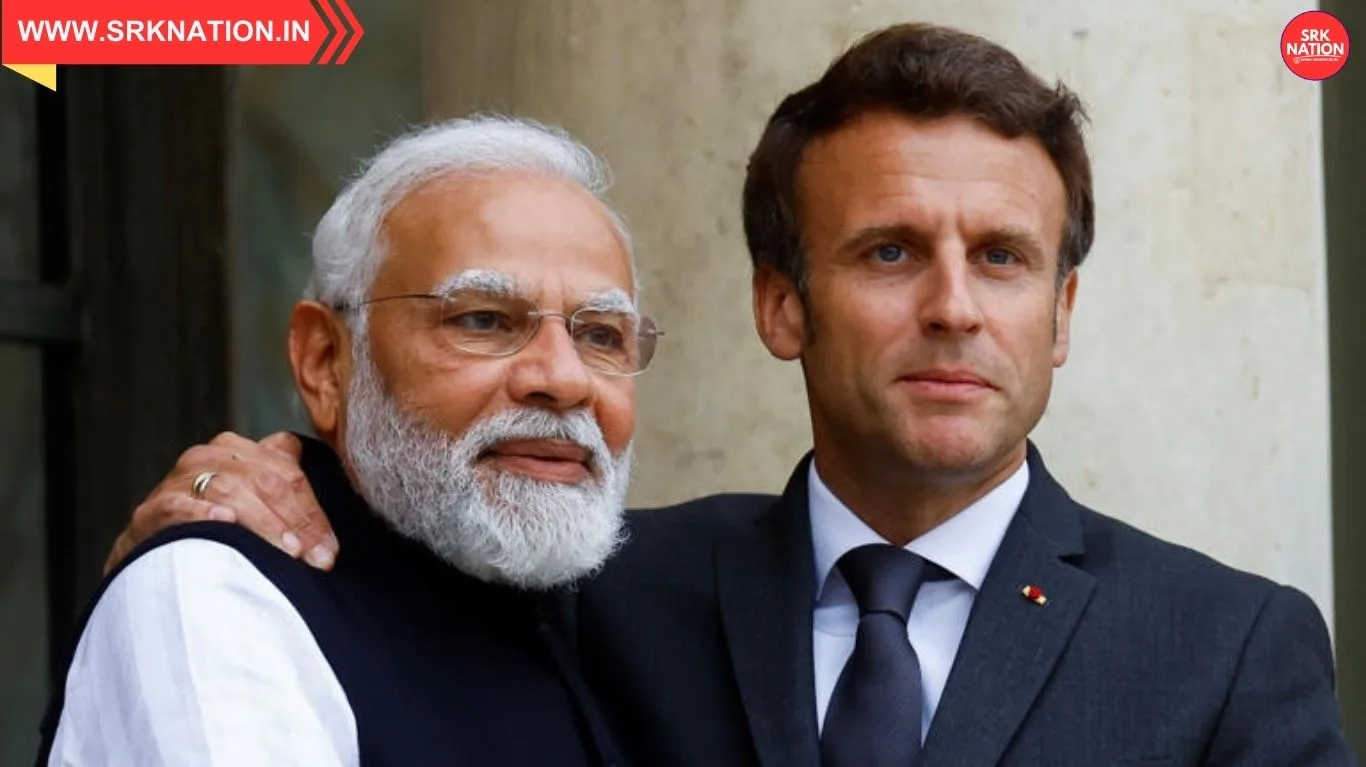
I don’t think the title of your article matches the content lol. Just kidding, mainly because I had some doubts after reading the article. https://accounts.binance.info/pt-PT/register-person?ref=KDN7HDOR